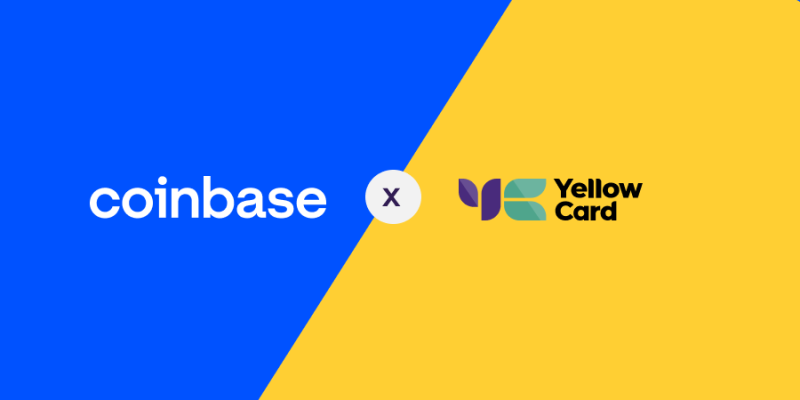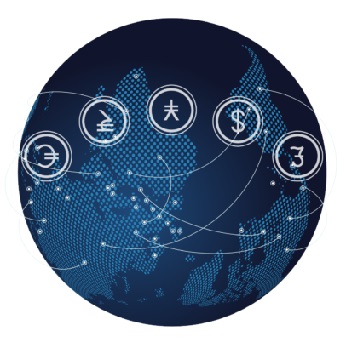Africa’s top payment processor, Flutterwave, and leading crypto exchange, Yellow Card, have joined 25 other global payment platforms in the newly launched Circle Payments Network (CPN). This global network, created by Circle Internet Group, aims to transform how money moves across borders using stablecoins for faster, cheaper, and secure settlements.
The network established by Circle Internet Group, Inc., a global financial technology company and stablecoin market leader, connects financial institutions – banks, neo-banks, payment service providers, virtual asset service providers and digital wallets globally.
It enables real-time settlement of cross-border payments using regulated stablecoins.
“CPN marks the next chapter in Circle’s evolution, extending beyond trusted stablecoins and developer platforms to power a globally connected payments network,” Circle Internet Group said in a statement,Other payment providers in the Network .
According to the statement, CPN will unify disparate payment networks and local currencies, enabling 24/7 real-time settlement using stablecoins.
Other design partners include Alfred Pay, BCB Group, BVNK, CoinMENA, Coins.ph, Conduit, dLocal, dtcpay, FOMO Pay, HIFI, Inswitch, Legend Trading, Nilos, Noah, Nuvei, Onafriq, OpenPayd, RD Technologies, RedotPay, TazaPay, Transfero Group, Triple-A, Trubit, Unlimit, Zepz, and Zodia Markets.
Furthermore, digital asset infrastructure platforms like Fireblocks are working to connect their networks of institutional customers to expand access to efficient, secure cross-border payments.
This convergence lays the foundation for a more connected, programmable financial system.
Commenting on the feat of joining the global network, Flutterwave in a post on X, described the CPN as the “world’s largest, most widely-used stablecoin network.”
“This partnership is a major step forward in our mission to simplify global payments for African enterprises and the diaspora.
“Through CPN, we have improved our capacity to offer real-time, low-cost, and compliant cross-border payments, helping businesses expand beyond borders with ease,” the company stated.
Addressing cross-border payments challenges
Designed to bring efficiencies to a fragmented cross-border payments system, Circle said CPN provides financial institutions with a modern way to move money globally with the speed, transparency, and programmability of the internet.
“CPN is governed by a robust framework that requires participants to meet strict eligibility standards, including licensing, AML/CFT compliance, financial risk management, and cybersecurity protocols.
“By leveraging USDC, EURC, and other regulated stablecoins, CPN enables seamless connectivity to domestic real-time payment systems worldwide, while upholding the compliance, security, and trust required for financial institutions to meet their regulatory obligations,” the company said.
It added that CPN will enable a broad spectrum of cross-border money movement use cases for businesses, financial institutions, and individuals, including supplier payments, remittances, payroll, capital markets settlement, internal treasury operations, and on-chain financial applications.
Powered by smart contract infrastructure and modular APIs, the network enables third-party developers to build advanced modules, app services, and automated financial workflows directly on top of CPN. More details about CPN are available in the CPN white paper.
“Since our founding, Circle’s vision has been to make moving money as simple and efficient as sending an email. CPN is a significant step in making that vision a reality for businesses worldwide,” said Co-Founder, Chairman, and CEO of Circle, Jeremy Allaire.
According to the World Bank, despite improvements, cross-border payments can still take longer than one business day to settle and cost more than 6%.
This disproportionately impacts emerging markets and limits their global competitiveness.
Delays are driven by multiple intermediaries, compliance checks, local market cut-off times, and fragmented operating hours across jurisdictions. However, the CPN is expected to address all these challenges.










